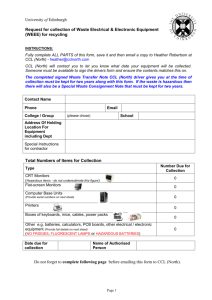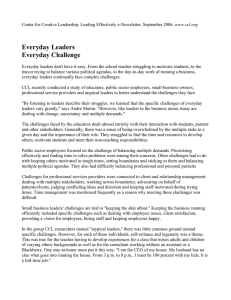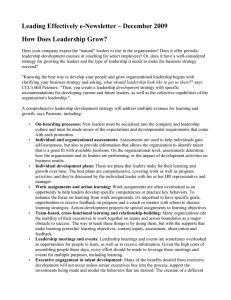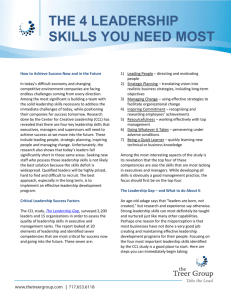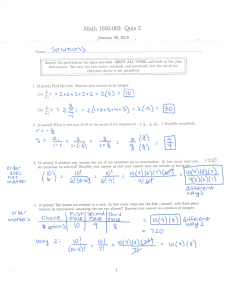Aims and Limits of the Criminal Law
advertisement
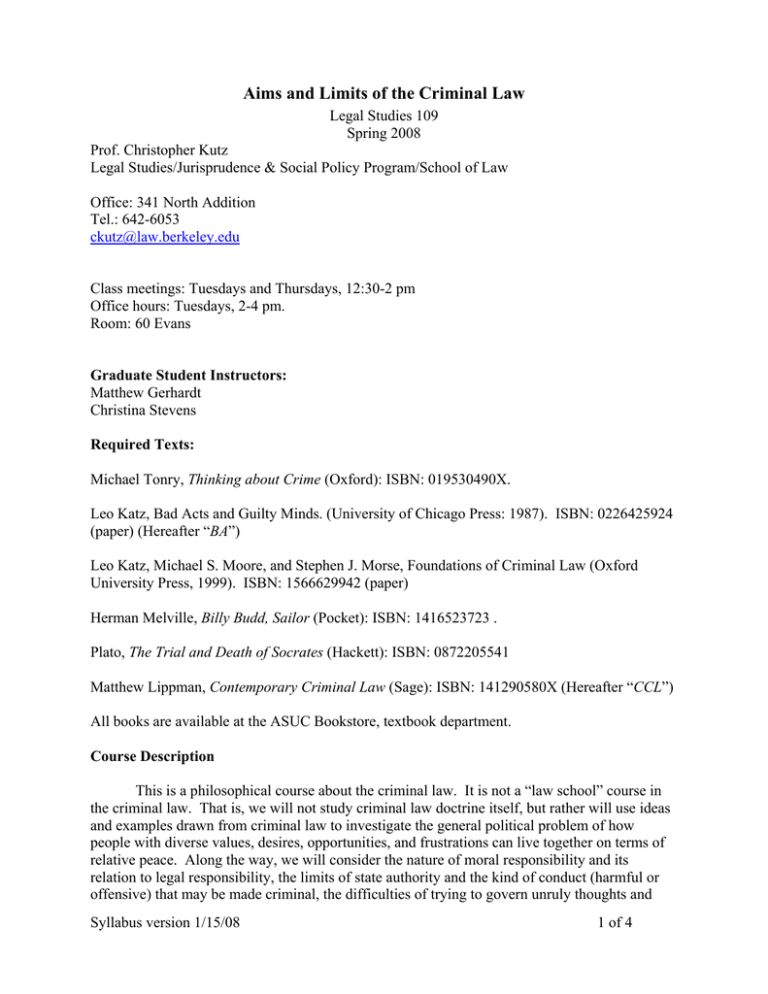
Aims and Limits of the Criminal Law Legal Studies 109 Spring 2008 Prof. Christopher Kutz Legal Studies/Jurisprudence & Social Policy Program/School of Law Office: 341 North Addition Tel.: 642-6053 ckutz@law.berkeley.edu Class meetings: Tuesdays and Thursdays, 12:30-2 pm Office hours: Tuesdays, 2-4 pm. Room: 60 Evans Graduate Student Instructors: Matthew Gerhardt Christina Stevens Required Texts: Michael Tonry, Thinking about Crime (Oxford): ISBN: 019530490X. Leo Katz, Bad Acts and Guilty Minds. (University of Chicago Press: 1987). ISBN: 0226425924 (paper) (Hereafter “BA”) Leo Katz, Michael S. Moore, and Stephen J. Morse, Foundations of Criminal Law (Oxford University Press, 1999). ISBN: 1566629942 (paper) Herman Melville, Billy Budd, Sailor (Pocket): ISBN: 1416523723 . Plato, The Trial and Death of Socrates (Hackett): ISBN: 0872205541 Matthew Lippman, Contemporary Criminal Law (Sage): ISBN: 141290580X (Hereafter “CCL”) All books are available at the ASUC Bookstore, textbook department. Course Description This is a philosophical course about the criminal law. It is not a “law school” course in the criminal law. That is, we will not study criminal law doctrine itself, but rather will use ideas and examples drawn from criminal law to investigate the general political problem of how people with diverse values, desires, opportunities, and frustrations can live together on terms of relative peace. Along the way, we will consider the nature of moral responsibility and its relation to legal responsibility, the limits of state authority and the kind of conduct (harmful or offensive) that may be made criminal, the difficulties of trying to govern unruly thoughts and Syllabus version 1/15/08 1 of 4 conduct with language, the nature and justification of punishment, the implications of mental illness for legal responsibility, the significance of causation, luck and harm for responsibility, and our responsibility for what others do when we act together. At the end of the course, we will take stock of our philosophical conclusions by comparing them with a realistic assessment of the actual functioning of the criminal justice system. This course has no prerequisites, but familiarity with themes in ethics and the philosophy of language, mind, and action will be helpful. Requirements and Grading Your grade will be based on four components: two 4-6 page paper, due in class on February 28 and April 24th; an in-class midterm on March 20th; a comprehensive final exam on May 20th, 5-8pm, location TBA; and section participation. th Your attendance at lecture is expected, as is your prior completion of the reading assignments. Attendance and participation at weekly section meetings are required, and will be recorded. You may be asked to complete brief written assignments for specific section meetings. Section discussions will often cover assigned course materials not discussed in regular class meetings. Please note carefully: you cannot pass the course without completing all of the written assignments, or if you have unexplained absences from section. No papers will be accepted late without prior permission. Because the presence of laptop and handheld computers makes webbrowsing and email both inescapably tempting and extremely distracting for others, no laptops can be used during the class. Nor, of course, can you make phones calls, text message, etc. Students who for any reason need special arrangements for exams are responsible for notifying me or the GSIs at the beginning of the semester. Grades for the class are curved according to a standard Legal Studies formula. (The curve is: A’s - maximum 20% of class; A’s and B’s combined - maximum 60% of class.) Your final grade will be determined on roughly the following basis: papers: 25% each mid-term exam: 20% section participation - 10% final exam - 20%. Participation in lecture is strongly encouraged. As you read the assignments, think about what questions the authors were attempting to answer. What answers do the authors suggest, and what arguments presented to support these answers? Ask yourself whether you agree with the answers? Why or why not? (Many of the readings are followed by questions, which we may also discuss in class.) Syllabus version 1/15/08 2 of 4 Course outline and readings: Week 1: Jan. 22nd. Introduction: the problem of criminal law. Jan 24th. The authority of law. Read Socrates’ (Plato’s) Apology and Crito. Week 2: Jan. 29th. The role of law: the case of the Speluncean explorers. Read BA 8-15, 17-38; CCL 110. Jan 31st. The nature of punishment and its justification: utilitarian theories. Read FCL 46-52, 63-72. Week 3: Feb. 5th. Justifying punishment: retributive and rehabilitative theories. Read FCL 72-86, 96101, 105-110; CCL 58-61. Feb. 7th. What to punish: the harm principle, morality, and offense. Read FCL 120-150. Week 4: Feb. 12th: Film showing of Billy Budd. Read Billy Budd. Feb. 14th. Billy Budd: Punishment and mercy Week 5: Feb. 19th. No class Feb. 21st. Formal limits on state authority: legality and equality. Read CCL 24-32; FCL 208210; BA 82-96. Week 6: Feb. 26th. Substantive limits on state authority: speech, privacy, and humanity. Read CCL 3842, 46-52, 562-63. Feb. 28th. Elements of crime: the act requirement. Read CCL 87-93; BA 103-128. Paper I due. Week 7: March 4th. Acts: Omissions, and Thoughts. Read CCL 98-104; BA 135-53. March 6th. The mental element. Read CCL 118-134; BA 165-171, 186-191; FCL 218-219, 230238. Week 8: March 11th. Causation and concurrence. Read CCL 138-150; BA, 201-08, 210-215, 223-251. March 13th. Culpability in context: the law of homicide I. Read CCL 376-395. Week 9: March 18th. Homicide II: Passion and unintended killings. Read CCL 399-402, 414-424. March 20th. In class mid-term Week 10: Spring Break! March 25th. No class March 27th. No class Syllabus version 1/15/08 3 of 4 Week 11: April 1st. Culpability in context II: The law of rape. Read CCL 333-48. April 3rd. Inchoate crimes: Attempt and luck. Read CCL 188-91, 197-204; FCL 260-267. Week 12: April 8th. Inchoate crimes: Complicity. Read CCL 154-165; FCL 240-254. April 10th. Conspiracy and solicitation. Read CCL 207-211, 217-219, 585-90; BA 252-275. Week 13: April 15th. Introduction to the theory of the defenses. Read CCL 227-231; FCL 269-280. April 17th. Justifications: Self-defense. Read CCL 231-245; FCL 281-294. Week 14: April 22nd. Justification v. excuse: Necessity and duress. Read CCL 266-73, 309-12; BA 39-50, 62-81. April 24th. Excuses: Insanity. Read CCL 282-94; FCL 299- 309. Paper II due. Week 15: April 29th. Excuses: mistake and culture. Read CCL 315-317, 325-329; BA 276-99. May 1st. Principles v. reality: Read Tonry, Chs. 1-3 Week 16: May 6th. Crime in the real world II. Read Tonry, Chs. 6-8 May 8th. Review. May 20th, 5-8pm. Final exam. Syllabus version 1/15/08 4 of 4
